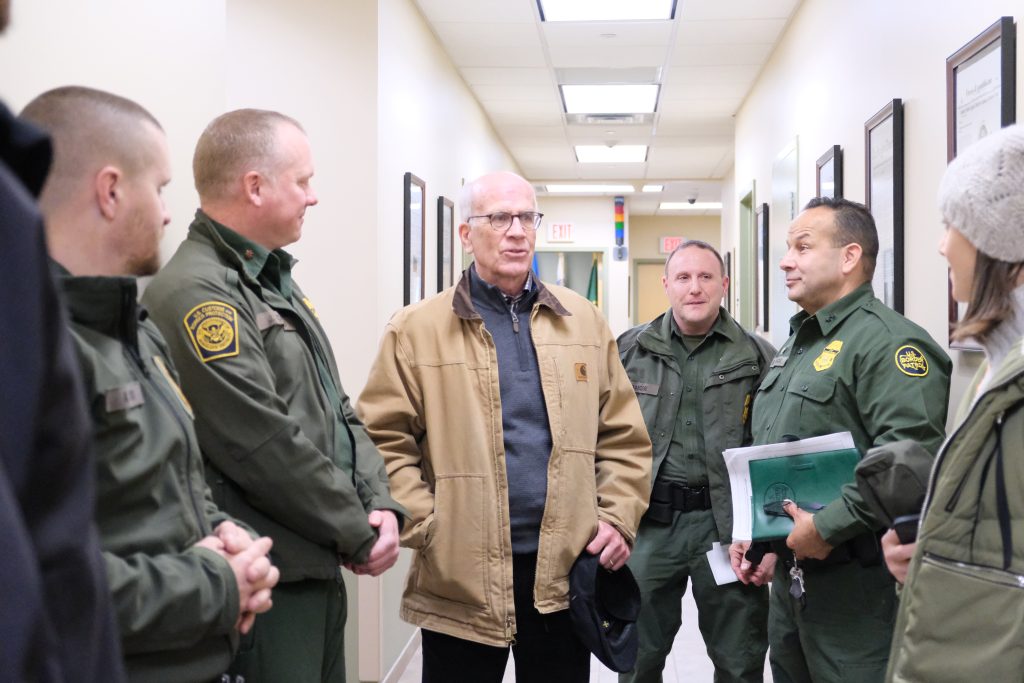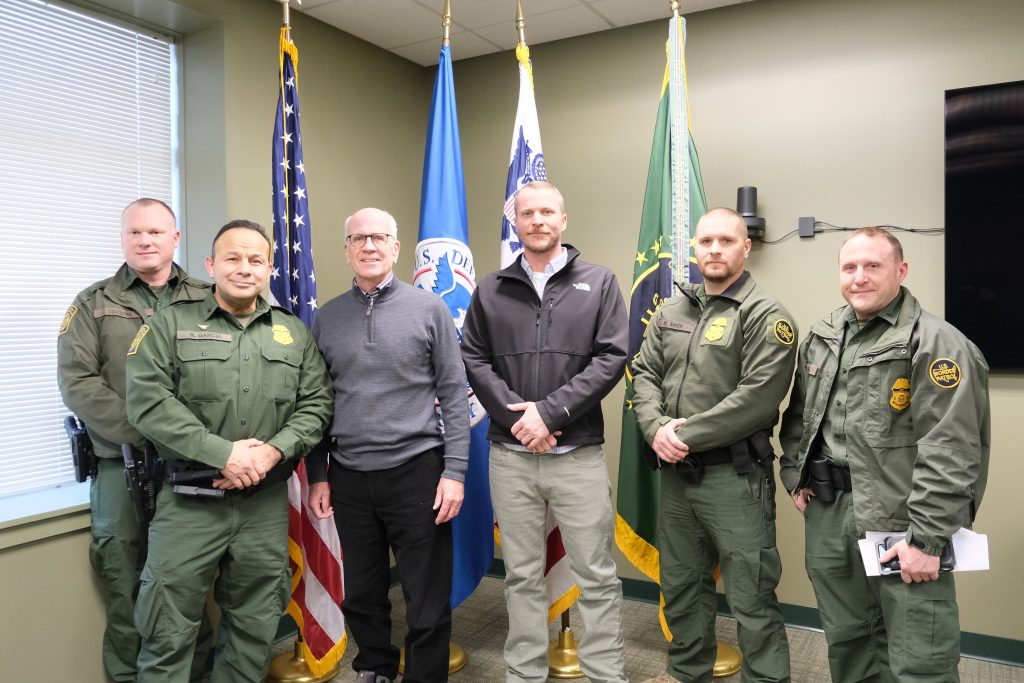SWANTON and BURLINGTON, VT –Sen. Peter Welch (D-Vt.) traveled to the northern border on Thursday for a tour of the Swanton Sector with U.S. Customs and Border Patrol officers, and also convened Vermont-based refugee, migrant, and asylum assistance services providers in Burlington.
“There’s no question that our immigration system is strained right now, and not just at the southern border. The situation is profoundly different than it was 10 or 15 years ago. People coming to our country are often making a harrowing journey in search of a better life. They care about their families. They want a better future, and they immeasurably enrich our communities. We need to put the politics aside and work on commonsense solutions to make our immigration system more accessible and more orderly. And we need more pathways to gain safe and stable futures here in America,” said Sen. Welch. “As the debate over immigration continues in Washington, I’ll keep advocating for the resources, staffing support, and 21st-century technological improvements Vermont needs to protect the integrity of our northern border. I’ll also push for the reforms needed to allow refugees, migrants, and asylum seekers to live, work, and find opportunities to become valued members of our communities.”
The Swanton Sector covers 24,000 square miles of land and includes the border between Vermont and Canada, as well as Clinton, Essex, Franklin, St. Lawrence and Herkimer counties of New York; and Coos, Grafton and Carroll counties of New Hampshire. Three of the Swanton Sector’s eight stations are located in Vermont. The Swanton Sector reported a marked increase in apprehensions of people and contraband at the border in 2023.
Senator Welch was joined in Burlington by representatives from the Chittenden Asylum Seekers Assistance Network, The Family Room, UVM-Extension, Mercy Connections, University of Vermont-Medical Center and other organizations that provide services and support to migrants, asylum seekers, and refugees in Vermont. The group also heard directly from an individual who was granted asylum in the U.S. and received assistance from volunteer groups in Vermont. The groups, which often partner to offer wrap-around and coordinated services, have seen an influx of need in those seeking assistance with temporary housing, child care, clothing, health care, food assistance, transportation, and connections to legal services.
###


